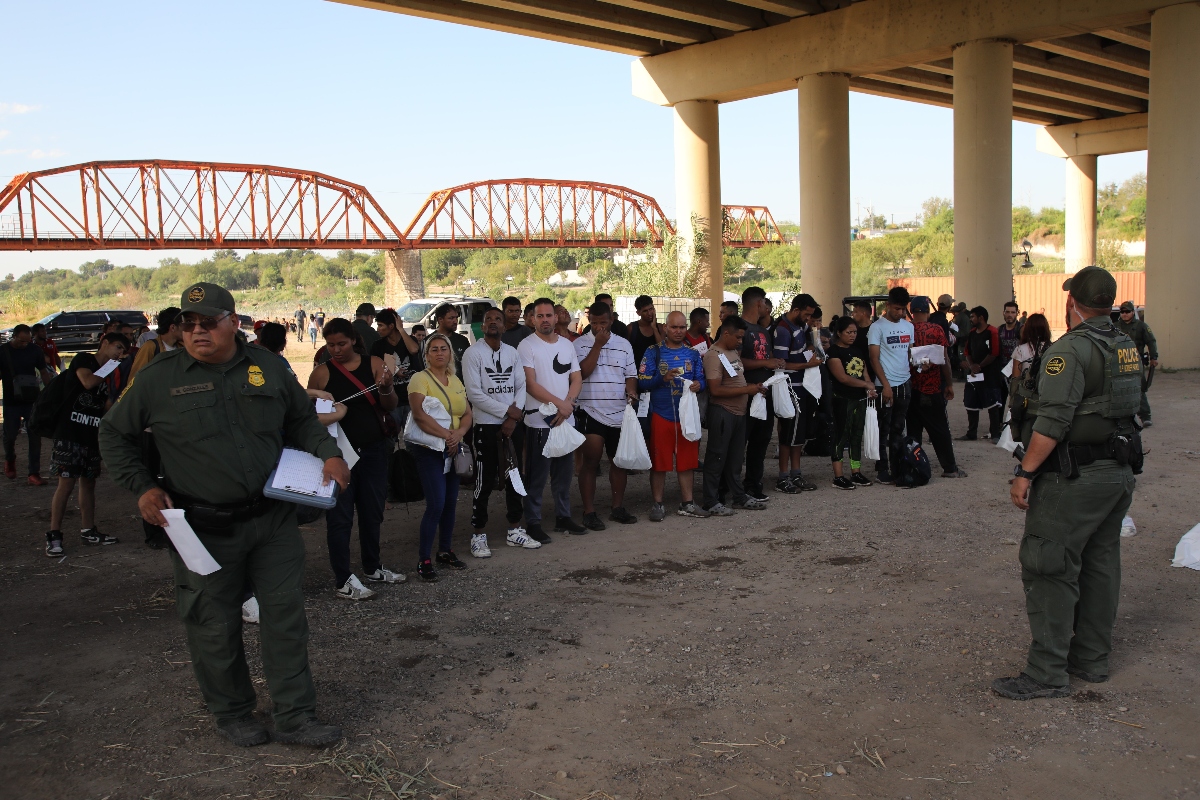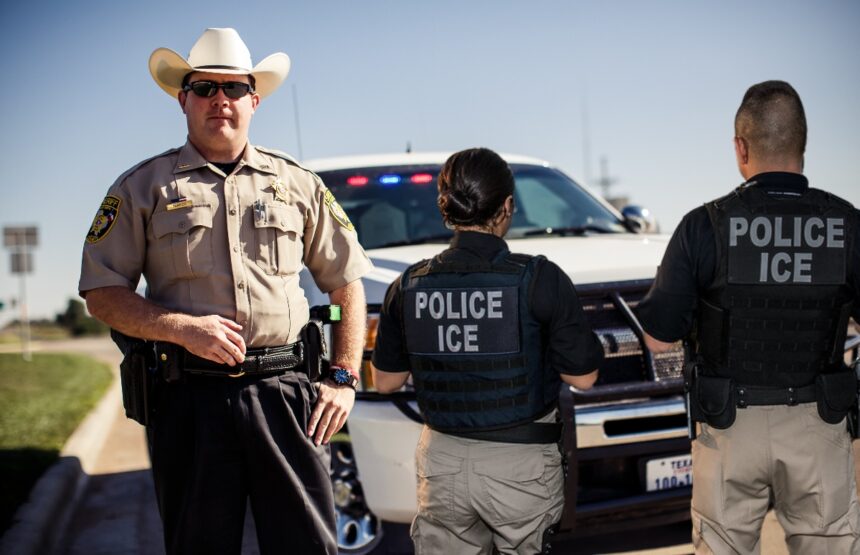In May 2025, the Texas Legislature passed SB8, which requires sheriffs in counties with more than 100,000 residents to sign agreements with Immigration and Customs Enforcement(ICE) to cooperate in the enforcement of federal immigration laws.
This measure expands the participation of local authorities in immigration matters, traditionally handled by the federal government.
What does SB8 establish?

SB8 requires sheriffs in large counties to request and, if offered, sign 287(g) agreements with ICE.
Esta medida amplía la participación de las autoridades locales en asuntos migratorios
These agreements allow local officers to perform the functions of federal immigration agents:
How to verify the immigration status of detained persons and assist in deportations.
For smaller counties, participation is optional, but state funding is offered to encourage membership.
Criticism and concerns

Civil rights organizations, such as the ACLU of Texas, have expressed opposition to SB8, arguing that:
Promotes racial discrimination and ethnic profiling.
Undermines trust between immigrant communities and law enforcement.
Diverts local public safety resources to federal functions.
In addition, it is feared that SB8 will deter victims and witnesses of crimes from reporting them for fear of being detained because of their immigration status.
Implications for immigrants

For Hispanic immigrants in the United States, especially in Texas, SB8 represents an increased risk of detention and deportation, even for minor infractions.
It is crucial that people know their rights and take precautions:
Avoid situations that may result in arrests, such as driving without a license.
Know and exercise the right to remain silent and not to sign documents without legal counsel.
Have an emergency plan and contact with lawyers or support organizations.
For more information, visit QuéOnnda.com.














